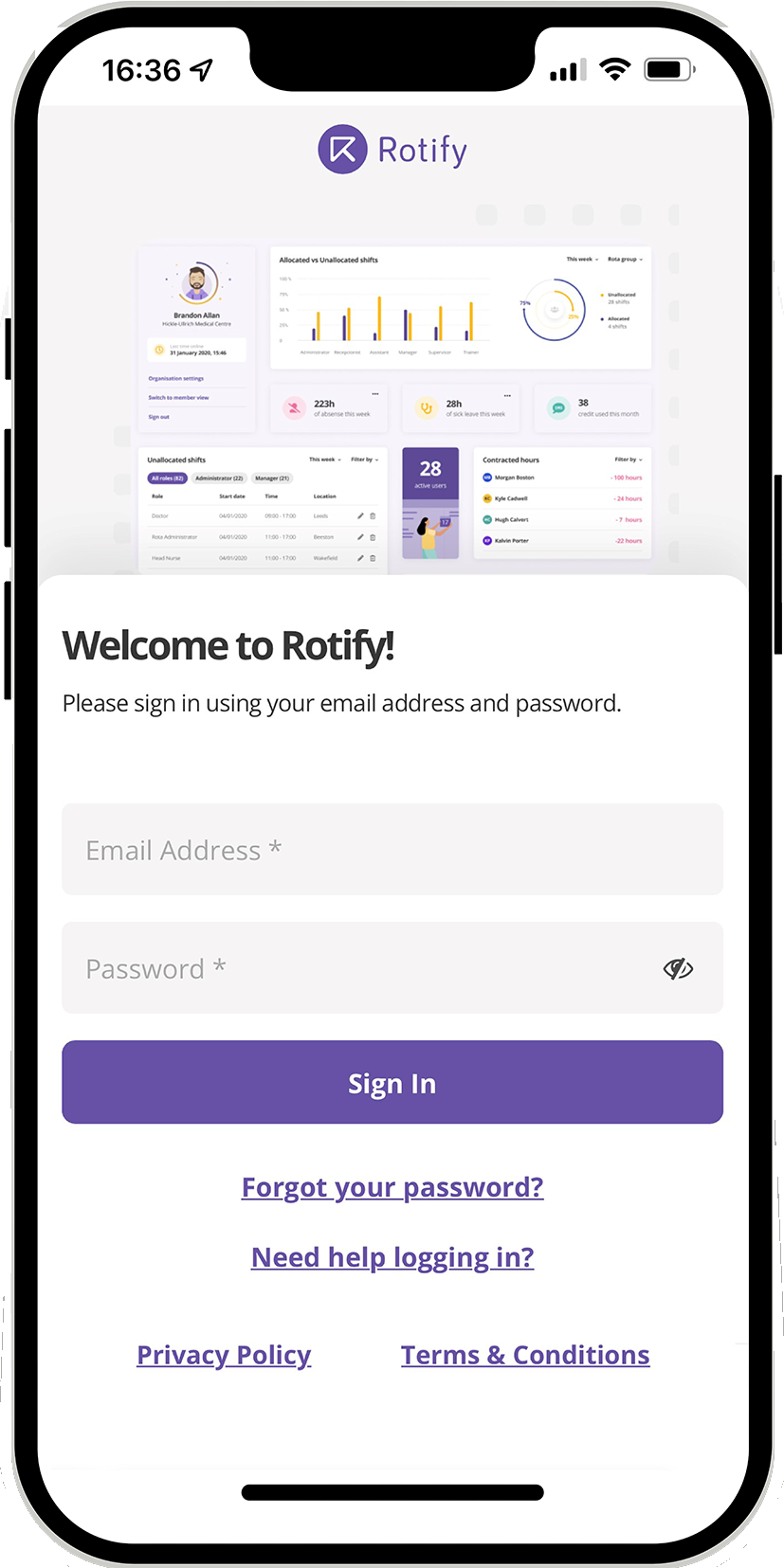The best mental health and wellbeing services for small businesses
One in every four people in the UK will experience a mental health problem each year according to figures from the mental health charity, Mind. Whilst one in six in England report experiencing a common mental health problem (such as anxiety and depression) in any given week.
These numbers account for a significant percentage of the working population – therefore, the benefits of investing in the mental health and wellbeing of your employees are vast. These include better engagement, fewer sick days and higher productivity.
In this post we’ll discuss four tools you can use to support the mental health and wellbeing of your staff.
- Employee Assistance Programme (EAP)
An EAP is an employer-funded program that provides short-term counselling and support for employees who might be struggling with work stress, mental health issues, or other personal issues. EAPs focus on providing the employee with access to resources and services that can help them better manage their stress levels, such as counselling sessions, financial advice, legal assistance, and more. By offering these services to their staff, small businesses can help ensure that their employees are in a healthier state of mind and less likely to take unnecessary risks or make bad decisions.
A quick search online will provide a range of EAP providers for small businesses.

- Stress Management
Stress management is key for both employers and employees alike. It involves various techniques designed to reduce stress levels in the workplace such as mindfulness training, relaxation techniques or even yoga classes. These activities can help employees relax their minds during difficult times at work so they can stay productive and focused in the long run. Small business owners should consider investing in some of these programs to make sure their workforce stays healthy emotionally and physically.
- Mental Health Training
Mental health issues like depression or anxiety often affect people without them even noticing it due to the fact that they don’t often recognise the signs. This makes it important for employers to provide mental health awareness training so every team member understands what signs to look out for and how they can support a colleague if they think someone may be suffering from a mental illness. Apart from this awareness training, small businesses should also consider offering specific courses about certain topics such as dealing with stress or managing difficult conversations.
- Flexible Working Practices
Although most small business owners are already aware of how valuable flexible working practices can be when it comes to keeping their staff motivated and productive, there has been a resurgence of interest in this area recently due to its impact on employee wellbeing too. Allowing members of staff to work remotely or choose their own hours can give them much needed freedom which could potentially reduce workplace stress levels significantly over time.
Conclusion
We hope this blog has provided some ideas of ways that you can support the mental health and wellbeing of your staff. Below, we have listed a few charities with some excellent resources who can provide you with additional information and guidance:
Mind: https://www.mind.org.uk/
Anxiety UK: https://www.anxietyuk.org.uk/
CALM (Campaign Against Living Miserably): https://www.thecalmzone.net/
Mental Health Foundation: https://www.mentalhealth.org.uk/
Crisis: https://www.crisistextline.org/
Samaritans: https://www.samaritans.org/
Related webinar: How small business can support employee mental health and wellbeingMore News


